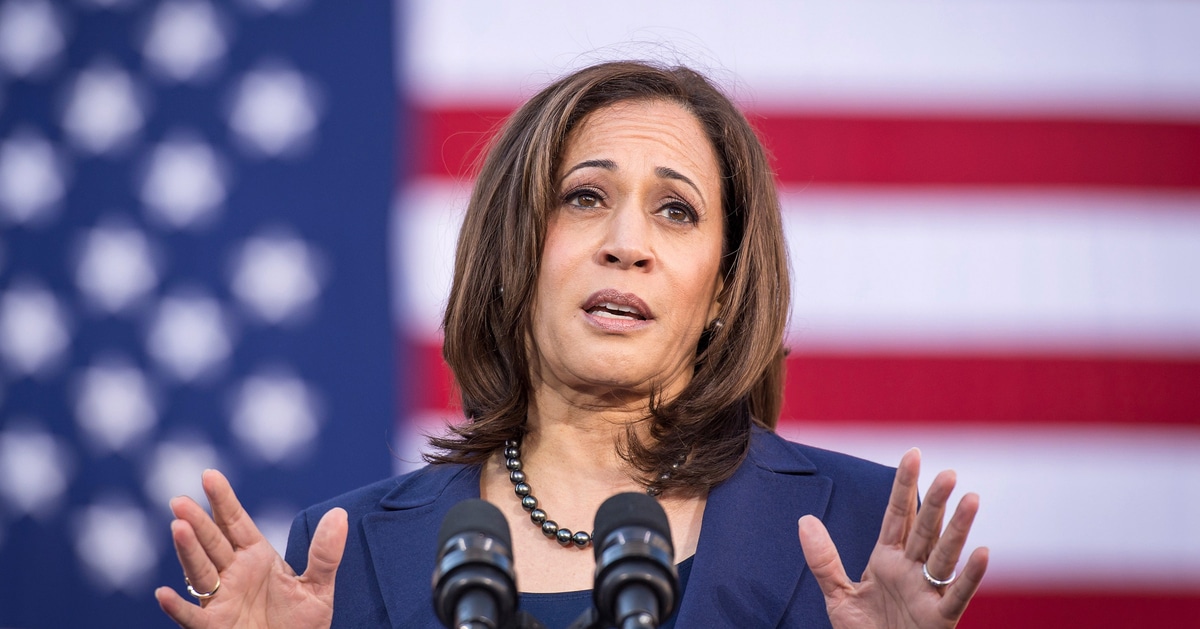






Capitol Police officer Michael Byrd, involved in the fatal shooting of Ashli Babbitt during the January 6, 2021, riot, is facing renewed scrutiny over his track record amidst allegations of missing case files.
The Blaze reported that despite controversies surrounding Byrd's conduct, he received a promotion and security enhancements, sparking debate over accountability.
Byrd's involvement in the events at the U.S. Capitol began when he shot Ashli Babbitt, an unarmed woman among the rioters on January 6, 2021. The incident drew national attention and led to a lawsuit from Babbitt’s family, who sought accountability for her death.
Following the incident, Byrd was awarded a $36,000 retention bonus. Moreover, his personal residence received over $21,000 in security enhancements. These rewards have been subjects of discussion, given the controversy surrounding his actions and past record.
In 2023, Byrd was promoted from lieutenant to captain, a move that raised eyebrows due to unresolved investigations into his conduct. His promotion came despite calls for a fitness evaluation, which he did not undergo, as instructed after the incident.
Journalist Joseph Hanneman has reported on Byrd's past, highlighting several instances of carelessness with firearms. One such incident involved Byrd accidentally firing his service weapon at vehicles near his home. This act reportedly put his neighbor in potential danger.
Additionally, there was an occurrence where Byrd left his service weapon on a toilet tank in the Capitol Visitor Center. This incident further fueled concerns about his reliability and judgment regarding firearm safety.
The drama intensified as three case files related to Byrd's conduct reportedly disappeared. These files purportedly involved incidents that overshadowed those already known, leading to speculations about their contents and the officer's history.
Hanneman stated that the vanished reports make the available records seem mild by comparison. The lack of transparency regarding these documents has raised questions about the thoroughness of investigations into Byrd's conduct.
Adding to the intrigue around the shooting, two unidentified individuals were reportedly present near Babbitt at the time of her death. Their roles and identities remain unexplained, further complicating the narrative of that tumultuous day.
Byrd's actions and the subsequent opacity surrounding his record have sparked a debate about how the Capitol Police handle accountability and transparency with their officers. The seeming lack of resolution and the disappearance of case files prompt further scrutiny of institutional oversight.
The Babbitt family's lawsuit against Byrd reflects ongoing public dissatisfaction with the investigation's outcomes. Legal proceedings aim to shed light on the officer's conduct and the larger institutional responses that followed.
Prominent voices have called for greater accountability within law enforcement agencies, urging them to address such controversies with the necessary transparency. Byrd's case, with its layers of complexity, underscores the challenges in balancing officer protection with public interest.
Requests for procedural reforms in law enforcement practices are becoming more pressing, as incidents like Byrd's highlight the potential consequences of inadequate oversight. The officer's history and the responses from his department exemplify the broader discourse on policing standards.
The lack of visible accountability measures for Byrd and the unresolved questions about the unidentified men present near Babbitt add to dissatisfaction over how officials have handled such sensitive matters.
As legal and public debates continue, the questions surrounding Byrd's conduct and the missing files persist, indicating a need for a thorough and transparent review. The resolution of these issues may contribute to restoring public trust in law enforcement agencies tasked with protecting public safety.
Ultimately, the story serves as a case study in addressing and reforming police practices to ensure officers maintain accountability while performing their duties effectively and transparently.



